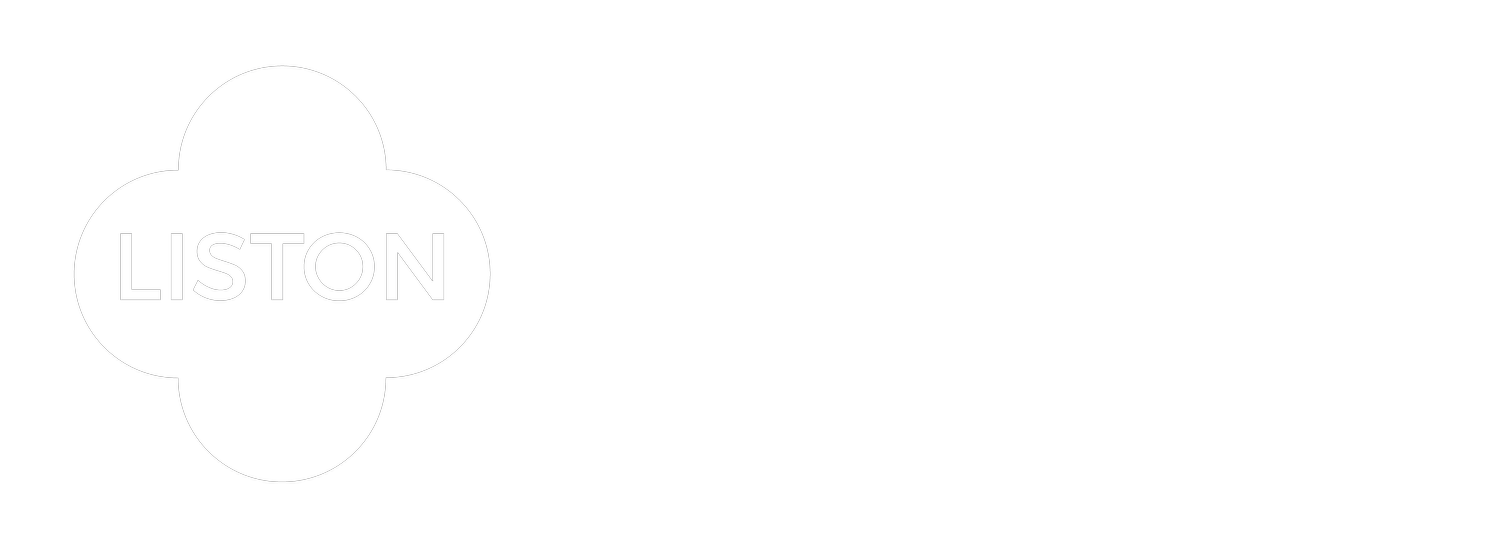Top 10 Questions to Ask When Interviewing a Boarding School
By Elisabeth Swain
You've done all of your research, and now you're in the “visit and tour” phase of your private school search. This is the most critical chapter of the process!
Make sure that you do your homework on the school before you show up. Reading their mission statement and philosophy, and keeping this in mind when you tour, can help you see whether their values line up with what they actually offer.
However, the most important question is always, "Can I see my son or daughter here?" We find that parents generally have a gut feeling that helps answer this question, but we have ten more that you might want to consider and ask your tour guide or the admissions director.
1. What kind of student thrives here?
Schools admit a variety of students to create a well-rounded student body; however, there is a "sweet spot" that fits their specific academic rigor and social environment. For example, School X may find the most success with a student that is academically strong in math and science, is socially mature, and above-average athletically.
When speaking with your educational consultant or admissions counselor, inquire as to who they believe the school’s ideal student is. Remember, it doesn't have to be a perfect fit, but it helps to understand the school's strengths fully.
2. What is the core curriculum for the grade that your child will be entering?
Your objective is to gain a better understanding of where your son or daughter fits academically. Will they be behind? Can it be bridged with a supplemental summer class? Or, if your child is academically advanced, is the course load strong enough?
3. What is the average class size and the student-to-teacher ratio?
Most private schools have a small (6-10) to medium (10-15) class size. We always look for a class size that will encourage a friendly social environment and support a fully-engaged learning environment. If your child needs more teacher support, a smaller class size may be advantageous. A larger class size allows for greater social interaction and more dynamic conversation.
4. How available are the faculty outside of classes? What is the procedure to seek assistance? Is there an academic support center? Peer tutoring? What systems are in place if there is an educational need?
The most frequent concern we hear from parents is that their child won’t ask for help. We are always happy to hear that faculty make themselves available to students outside of class. Depending on the level of need, you may also look to see if there is an academic support center, peer-tutoring and/or a well-honed plan for students who need additional help. Your educational consultant can help you determine what supports may be necessary, if any.
5. What extracurricular activities are offered? Is anything mandatory?
Private schools are known for offering a high level of extra-curricular activities which can help your child discover new interests and foster those they have already spent time on. Understanding what is mandatory and where a student can explore will help your child get excited about a school and provide talking points for their interview.
6. How is technology used on campus?
Private schools are usually ahead of the curve with “smart” classrooms. Find out what each school offers, as well as what the requirements will be for your student. Do they need a laptop? A tablet? Both? If you are looking at a boarding school, make sure you know the technology plan and how the school monitors or restricts the use of technology at certain times (during the school day, after “lights out”, etc)
7. What "Health & Wellness” activities are part of the curriculum or overall program?
There is a growing understanding of the importance of each student’s health from a social, physical, and emotional standpoint. Find out what supports and activities are in place at the school. This may include mindfulness classes, yoga, community service, or the ability to speak with a counselor should your child have an emerging need.
8. What comprises a student's assessment? Attendance, grades, effort?
It can be helpful to understand how your child will be assessed. When are grades given out? Are reports narrative or just the numeric/letter grade? What communication can you expect regarding your child’s academic progress?
9. What high schools/colleges do graduating students attend?
Looking at a school’s matriculation list can help you get an idea of where the seniors are going, and if they are in the same category as those your son or daughter might be considering
10. And finally, if you can, talk to students outside of the tour setting and ask questions that uncover what it’s like to be a student there from their perspective.
Questions might include: How is the dining hall - is the food good? How do you like this school? How demanding are the classes? Do you feel supported when things get difficult, academically or socially? What do students do outside of class? Where is "hang-out"? Where's the popular place to eat? Where do students go to buy personal items?
Liston Education Group consultants offer a complimentary 30-minute consultation where we will learn about your child, answer your questions, and begin to explore where your child will thrive.
Call (914) 301-5422 to be connected to one of our educational consultants or fill out the form below to schedule your consultation now.

